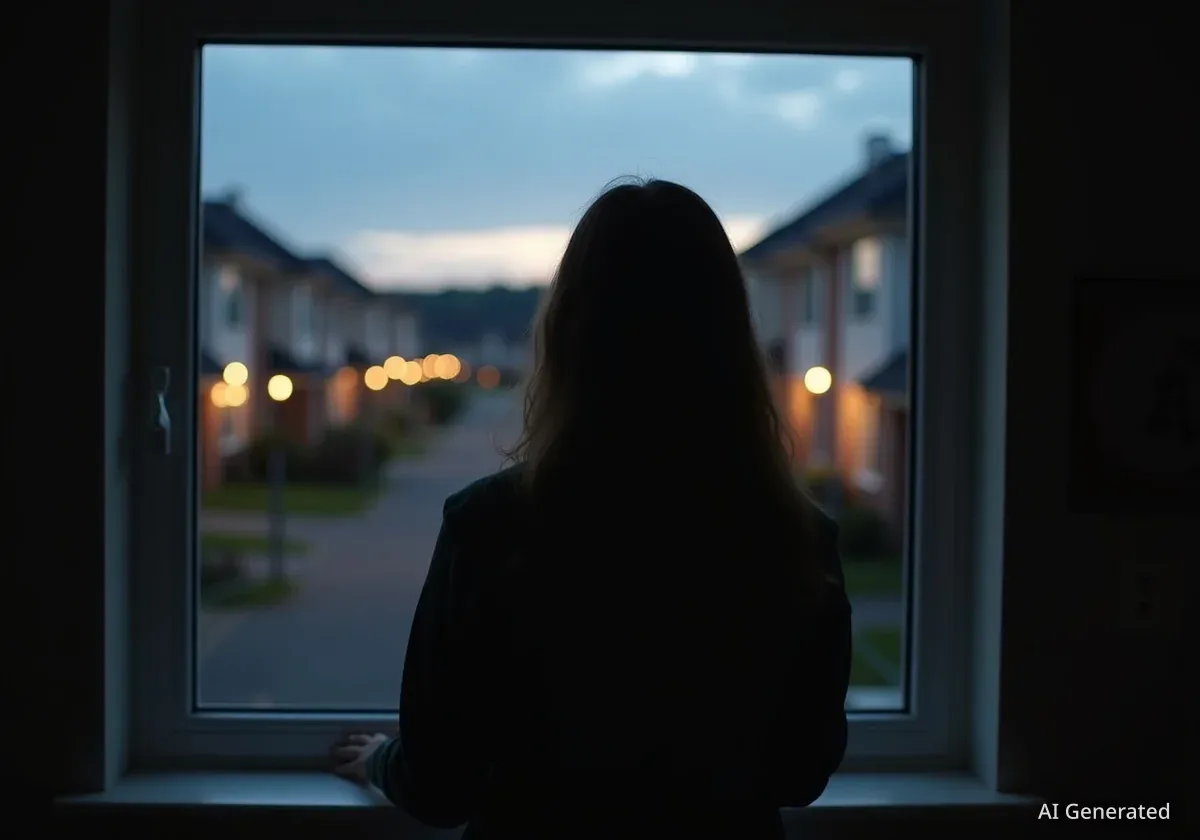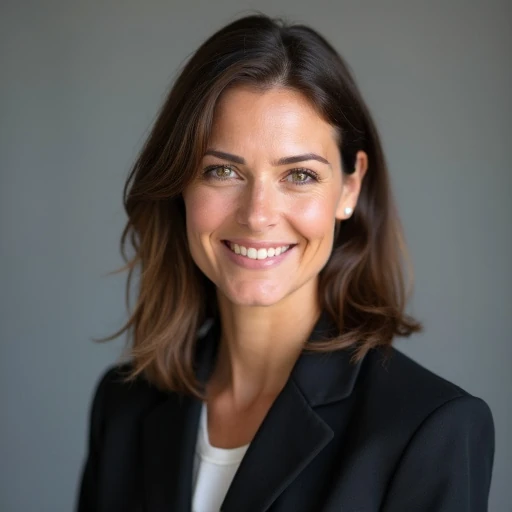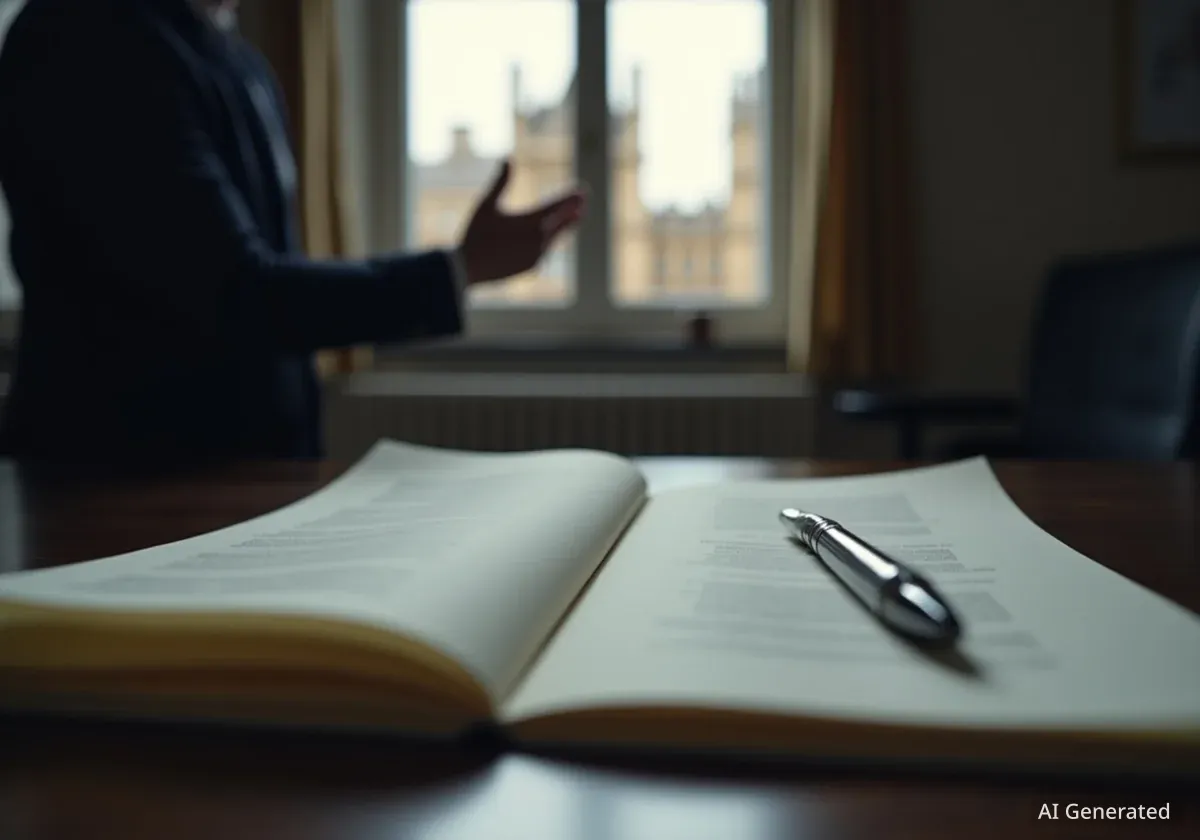An Ainsdale woman who spent her childhood in the care system is speaking out to challenge the negative perceptions and prejudice often directed at children in care. Nichola Anne, 45, recalls being identified not by her name but as 'number 46', a label that highlights the dehumanising aspects of a system she navigated through years of instability and trauma.
With over 83,000 children currently in care across England—the highest number on record—Nichola is sharing her personal history to shed light on the realities faced by vulnerable young people and to counter community objections to the opening of new children's homes.
Key Takeaways
- Nichola Anne, a 45-year-old care leaver from Ainsdale, is publicly sharing her experiences to combat stigma.
- She recalls being known as 'number 46' in the care system, highlighting a loss of identity.
- Her story comes as England faces a record high of over 83,000 children in care.
- The initiative aims to address community opposition to new children's homes, which is often based on misconceptions.
- Local leaders and charities support the call for greater understanding and less prejudice against care-experienced individuals.
A Childhood Defined by Instability
Nichola Anne's journey through the care system began in the 1980s in the West Midlands. Her early life was marked by chaos and neglect, stemming from her mother's struggles with mental illness and alcohol dependency and an absent father. "He was meant to come every weekend. I’d sit by the window waiting for him. But he never came back," she remembers.
At the age of seven, Nichola and her sister were taken into care for the first time. The initial foster placement provided a brief period of safety that lasted only six weeks before they were returned to the same difficult home environment. Soon after, they were removed again. "She didn’t say goodbye," Nichola says of her mother. "That was the moment I stopped trusting anyone."
This event triggered a decade of constant movement between different foster homes and relatives. The instability was deeply damaging, creating a persistent feeling of being unwanted. A period of stability with an adoptive father ended abruptly with his sudden death, plunging her back into uncertainty.
The Weight of Trauma
By her mid-teens, Nichola was grappling with severe depression and the cumulative effects of her experiences. She endured emotional, psychological, and physical abuse, as well as a traumatic sexual assault. The system, she feels, failed to protect her and instead contributed to her sense of blame.
"For a long time, I was told I was the problem and I internalised that. That’s what the system taught me, if things went wrong, it must be my fault."
It took years of therapy for her to understand that the responsibility for her suffering did not lie with her. "Now I know I was a child. I deserved to be loved anyway," she states. Her experience reflects the profound psychological impact that systemic failures and constant upheaval can have on a young person.
Record Number of Children in Care
According to the latest government figures, there are more than 83,000 children in the care system in England. This represents the highest number ever recorded, placing significant pressure on local authorities to find suitable and stable placements for vulnerable young people.
Challenging Community Prejudice
Nichola's decision to speak out is partly motivated by the negative reactions she has observed when proposals for new children's homes are announced. In recent months, council meetings across Merseyside have seen residents voice objections, often citing fears about community safety or preserving the area's character.
These objections, Nichola believes, are rooted in harmful stereotypes. "People talk about us like we’re dangerous but we weren’t bad kids. We were broken kids. We were just trying to survive," she explains. "Children don’t go into care because they’re bad or dangerous. Often, it’s because of circumstances far outside their control."
She argues that if people understood the trauma most children have endured before entering the care system, their perspective might change. "When people fight against a home opening near them, they don’t realise they’re fighting against a child like me."
The Impact of Stigma
Campaign groups have confirmed that this stigma has tangible consequences. In 2023, the organisation Care Leaver Local Offer wrote to the UK's Housing Minister to highlight the problem. The letter noted that planning objections frequently delay or prevent the creation of essential placements for children.
A National Issue
The letter from Care Leaver Local Offer stated: “Negative and unfounded objections based on prejudices against care-experienced people are commonplace, further exacerbating their feelings of marginalisation and unworthiness.” This demonstrates that community opposition is a recognised barrier to providing stable homes for children in care across the country.
A Call for Empathy and Understanding
Local leaders are echoing the call for a shift in public attitude. Councillor Marion Atkinson, Leader of Sefton Council, stressed the importance of constructive dialogue. "The key thing to all of this is that we must have open and honest conversations in our communities," she said.
Cllr Atkinson acknowledged the tendency for people to "jump into judge" when a new facility for vulnerable groups is proposed. She added, "These young people deserve the same respect, dignity and opportunities as any other child. The voices of those with lived experience are powerful in challenging these misconceptions."
She also invoked a well-known proverb to make her point: "The phrase you sometimes hear is it takes a village to raise a child and that’s so true – if we’ve got children who need our help and support as a society then we should all be doing what we can."
From Shame to Advocacy
For decades, Nichola felt ashamed of her background, fearing judgment if people knew she had been in care. Now, as a mother, grandmother, and co-founder of a parent support group, she is using her voice to advocate for others.
She hopes her story will encourage people to look beyond stereotypes and see the individual child who needs support. "Every move chips away at you," she says. "You start to believe you’re unwanted everywhere."
By sharing her journey from 'number 46' to a confident advocate, Nichola aims to foster empathy. "If one person reads this and thinks twice before judging a child in care, then it’s worth it," she concludes. "Because none of us should have to feel like a problem to be solved. We were never the problem."





